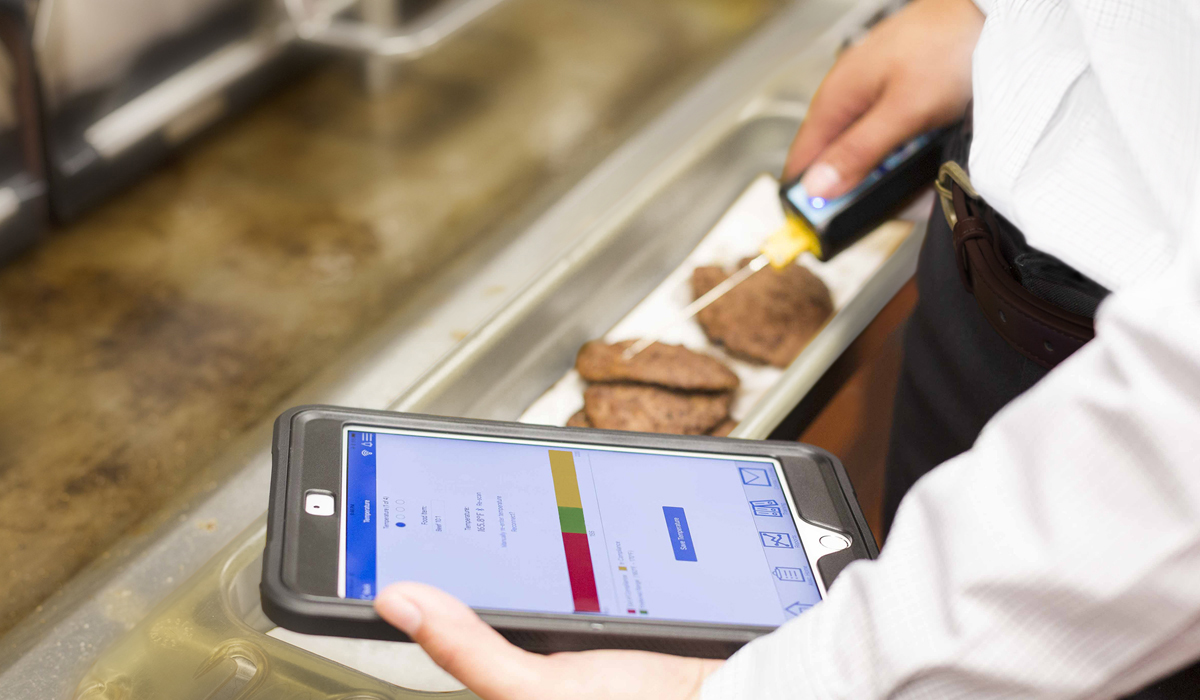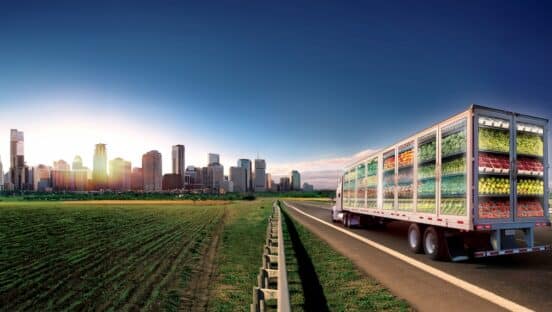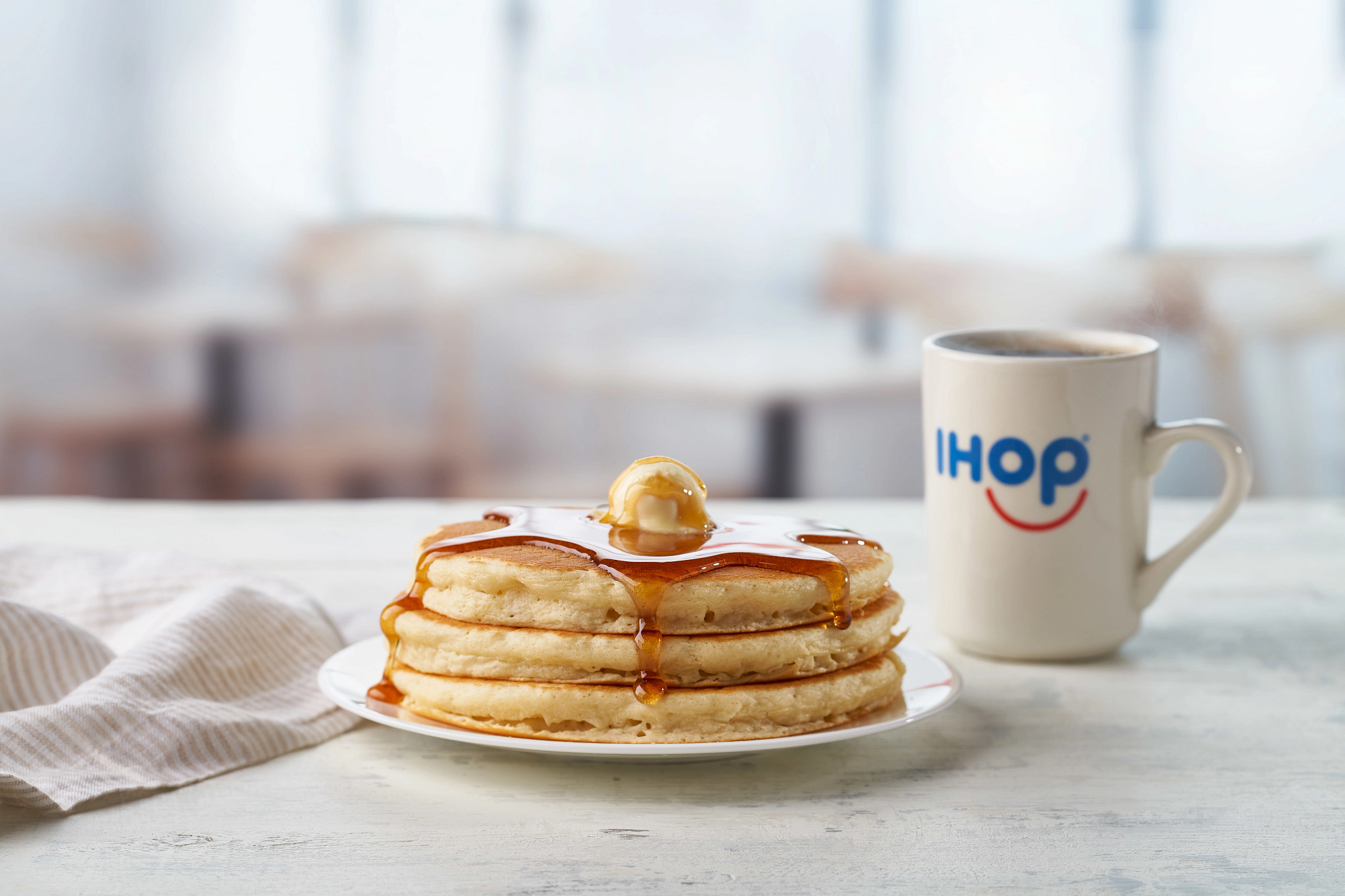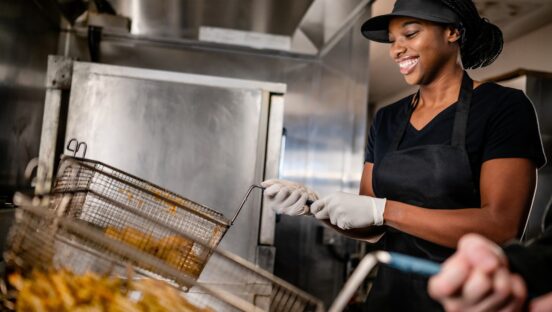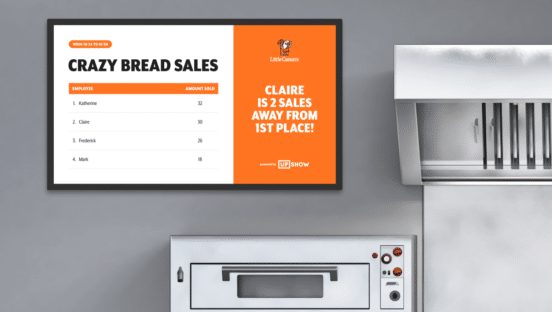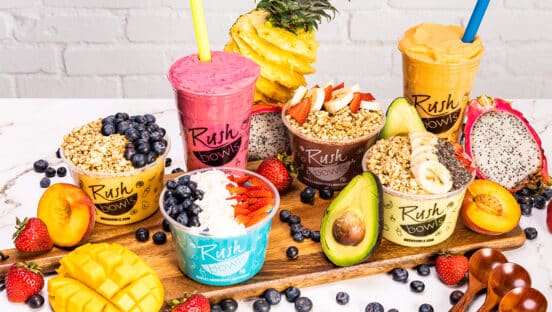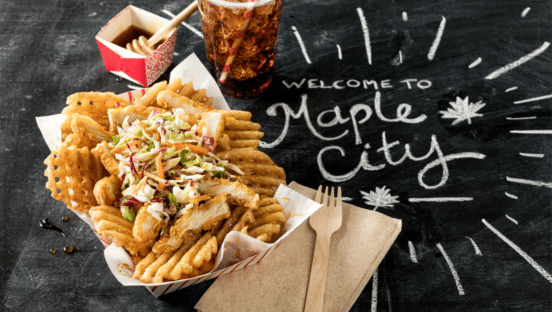Sponsored by Ecolab.
From burgers to burritos, consumers are demanding their food be made with fresh and natural ingredients. In fact, 49 percent of consumers said they would pay more for fresh fruit and vegetables, according to Datassential’s 2018 Plant-Based Eating SNAP! Keynote Report. Restaurants are listening and adding more fresh-food based items to menus.
Food safety risks that were better controlled with frozen product are now shifting to the responsibility of individual restaurants. With more fresh products, food safety issues can be more difficult to manage.
To reduce food safety risks on the individual restaurant basis, brands’ corporate headquarters and franchisees or operators are turning to digital platforms to replace paper reports. Checklists can be easily managed and shared through all levels of leadership, reminders can be set for crew members at the store level, and risks can be flagged quickly. KAY PROTECT from Ecolab, is a program which combines digital agility with the expertise that Ecolab has gathered offering solutions for safe food, clean environments, and operational efficiency in the foodservice industry. KAY PROTECT automates food safety checklists and integrates data across food safety and health department documents to flag issues faster and read data smarter.
Instead of having to fumble through paper logs to initial and note the time for each item on a checklist, restaurant managers using the KAY PROTECT app on a mobile device can review the time a food item was temped or a specific task was performed and by which crew member. This reduces the amount of time the manager spends validating checklists and frees up that employee to accomplish other important tasks in the restaurant.
“The system takes the guesswork out of proper food temperature monitoring and automates it. They no longer have to recall all the details they learned in their training,” says Adam Johnson, vice president of global QSR food safety and U.S. field operations at Ecolab. KAY PROTECT knows that chicken should be cooked to 165 degrees Fahrenheit, and if the crew member records a lower temperature, KAY PROTECT provides that employee with targeted training tools for immediate corrective action.
Operators of multiple units also get peace of mind knowing tasks were completed within the set window of time and that associates have the tools they need to monitor tasks with proper attention to food safety.
If an entry does trigger an alert, like when a cooler increasingly registers on the higher end of a set temperature range or an associate is consistently overcooking or undercooking product, managers will know to have the equipment checked and to provide additional training for the crew person before either reaches a critical state.
KAY PROTECT reports can be pushed out regularly to operators, based on their preferred frequency, and the collected data is available at any time from an mobile device, with easy-to-use dashboards. Key metrics help operators manage their restaurants. In addition, the underlying data can be analyzed on a detailed level to get to the root of an issue, monitor trends, or oversee food safety compliance.
“When you need to pull all your detail data and produce it for a health inspection, a customer complaint investigation, or a legal matter, all that material is right there at your finger tips. No more rummaging through stacks of paper or old binders and log books stored offsite somewhere,” Johnson says.
To help restaurants get even further ahead of food safety issues, Ecolab combines its knowledge base from consultations with over 48,000 customers to help develop checklists that really get to the heart of restaurant risks. “KAY PROTECT is a multi-faceted solution that combines the history of data collection and analytics that Ecolab is known for in many segments with new digital tools to really help operators drive improvement within the restaurant operation,” Johnson says.
“It’s not just going to your software company and saying, ‘Hey, I want to put this checklist in a tablet,’” Johnson says. “They can do that for you, but they’re not going to be able to tell you those maybe aren’t the right checks or how you could be more efficient with your energy or water usage. We know the quick-service restaurant business. We have the people to support it, and with KAY PROTECT, we have the technology to help quick-service operators take their food safety programs to the next level.”

